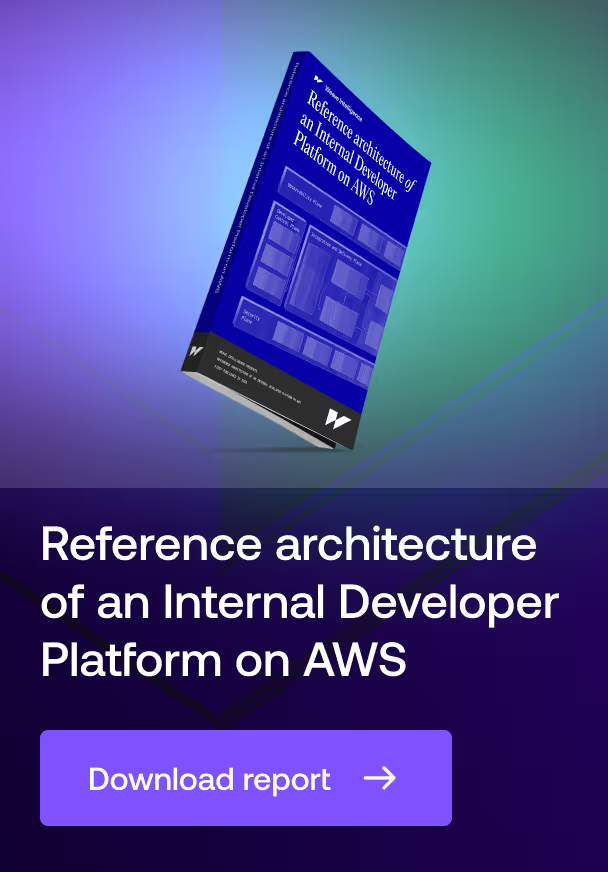
Docker
Profile
Docker is an enterprise-grade containerization solution that enables developers to package applications with their complete runtime environments into standardized container units. It provides a comprehensive suite of tools for building, sharing, and running containerized applications consistently across any infrastructure. As the technology that popularized modern container adoption, Docker has established itself as the de facto standard for container-based development and deployment, with its container format becoming the foundation for cloud-native application development and the basis for industry standards like the Open Container Initiative.
Focus
Docker addresses the fundamental challenge of environment inconsistency in software development and deployment by providing isolated, portable runtime environments that package applications with their dependencies. The tool eliminates the "works on my machine" problem through containerization, enabling applications to run identically across development, testing, and production environments. Docker's core value lies in its ability to standardize application deployment while maintaining minimal overhead compared to traditional virtualization. The technology serves platform engineers, DevOps practitioners, and development teams requiring consistent, scalable application deployment across diverse computing environments.
Background
Originally developed as an internal tool at dotCloud, a Platform-as-a-Service company, Docker was open-sourced in 2013 and quickly gained industry-wide adoption. The technology builds upon Linux kernel features like cgroups and namespaces, making containerization accessible through a developer-friendly interface. Following its 2019 restructuring, Docker Inc. focuses on developer tools while maintaining the open-source Docker Engine through the Moby Project. The platform's governance model balances commercial development of tools like Docker Desktop with community-driven development of core components through the Cloud Native Computing Foundation.
Main features
Container runtime environment with kernel-level isolation
Docker Engine provides a lightweight virtualization layer that enables applications to run in isolated containers while sharing the host operating system's kernel. The runtime leverages Linux namespaces and control groups to ensure process isolation and resource management, allowing multiple containers to run efficiently on the same host. This architecture delivers virtual machine-like isolation benefits with significantly lower overhead, as containers share the host OS rather than requiring separate OS instances. The isolation extends to process trees, network interfaces, and filesystem mounts, ensuring applications remain securely contained.
Layered image system for efficient application packaging
Docker's image architecture uses a layered filesystem approach where each instruction in a Dockerfile creates a new layer, enabling efficient storage and distribution of container images. The system caches layers and reuses them across images, significantly reducing storage requirements and network transfer times. When containers run, Docker adds a thin writable layer on top of the read-only image layers, preserving image immutability while allowing runtime modifications. This architecture supports sophisticated build patterns like multi-stage builds for optimizing final image size and composition.
Declarative application orchestration and networking
Docker Compose enables developers to define multi-container applications through declarative YAML configurations, specifying services, networks, and volumes as code. The tool manages complex application stacks, handling inter-container communication, dependency resolution, and resource allocation. Docker's networking subsystem provides multiple drivers for different use cases, from isolated container networks to host network access and overlay networks for multi-host communication. This orchestration capability supports microservices architectures by managing service discovery, load balancing, and scaling across container deployments.






